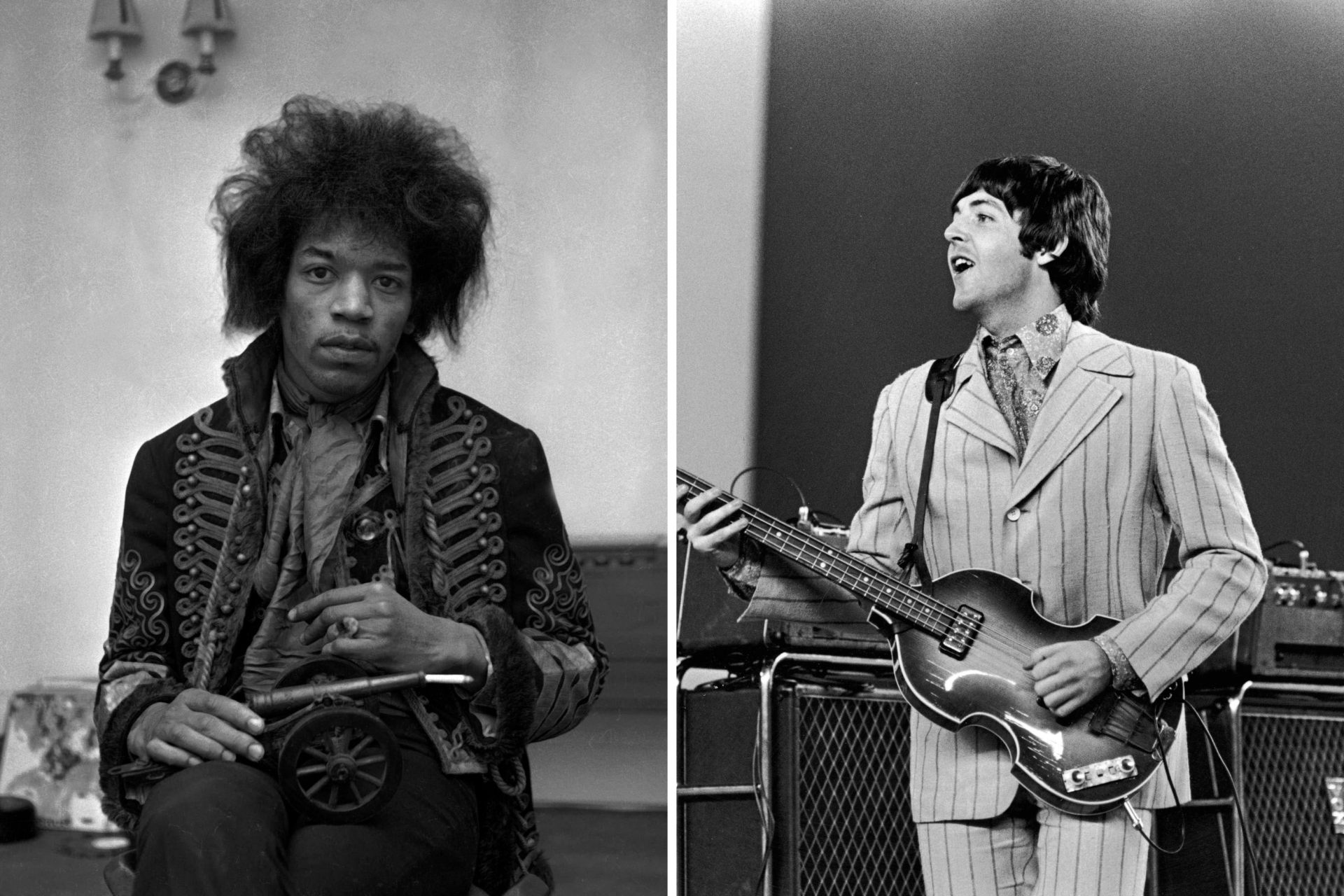-
Common Belief About Left-Handed People Debunked by Psychologists - 43 seconds ago
-
Tesla stock price sinks as Musk and Trump feud over spending bill - 11 mins ago
-
2025 Gold Cup Odds: Mexico Slightly Favored Over U.S. Ahead Of Semifinals - 18 mins ago
-
Court in Thailand suspends prime minister over leaked phone call with Cambodian official - 24 mins ago
-
Woman Wonders Why Senior Dog Lies in One Spot—Then Has Tearful Realization - 40 mins ago
-
From Pure Flavors to Bold Innovations - 59 mins ago
-
Real Madrid vs. Juventus: Preview, odds, how to watch, time - about 1 hour ago
-
SparkKitty mobile malware targets Android and iPhone - about 1 hour ago
-
Jessica Pegula loses in first round upset at Wimbledon - about 1 hour ago
-
Woman Sees Stray Cat in Yard, Husband Discovers Her Elaborate Safety Plan - about 1 hour ago
Hankó: Cooperation between Hungary and the Western Balkans has reached a new level
Hungary’s partnership with the Western Balkans in higher education, research, and culture has entered a new phase of intensified collaboration, according to Minister of Culture and Innovation Balázs Hankó.
Speaking at the conclusion of a two-day summit in Budapest, the minister emphasized that the region’s education, research, and cultural ties are stronger than ever—building on Hungary’s commitment to supporting the Western Balkans’ European integration.
The summit, attended by education, research, and cultural ministers from Albania, Bosnia and Herzegovina, North Macedonia, Kosovo, Montenegro, and Serbia, resulted in concrete agreements aimed at deepening academic collaboration. Minister Hankó highlighted a unanimous decision to improve the mutual recognition of diplomas across the region’s universities. Additionally, Hungarian-initiated mobility programs, including the Pannónia Program, will place a stronger focus on students from the Western Balkans, creating more opportunities for cross-border studies.
Another key development is the launch of dual and joint degree programs between Hungarian and Western Balkan universities. These programs will integrate the best courses from top institutions across the region, particularly in STEM+ fields (mathematics, natural sciences, engineering, IT, agricultural, medical, and health sciences). Minister Hankó noted that combining engineering, artificial intelligence, and medical technology studies across these nations could create unique training opportunities that attract many students in the future.
The summit also resulted in agreements aimed at enhancing research cooperation. A new innovation and research fund will be established to finance joint projects in artificial intelligence, biotechnology, and agriculture. Hungary and its regional partners also identified key research infrastructures—such as the ELI laser research center in Szeged—where collaborative scientific programs can take shape.
Additionally, the ministers agreed to launch a program to accelerate the innovation of startups, ensuring that young companies from the Western Balkans and Hungary gain easier access to both markets. This initiative is expected to foster economic growth and technological advancement across the region.
Cultural cooperation was another major focus of the summit, culminating in the establishment of the Regional Cultural Forum. This initiative brings together Hungary and Western Balkan countries that share historical and cultural roots, with the goal of fostering deeper ties in the arts and heritage sectors.
Prominent figures in Hungary’s cultural scene presented key developments at the summit: Csaba Káel highlighted the Hungarian film industry’s recent successes, László Baán showcased the Liget Budapest Project, and Miklós Both discussed the preservation of Hungarian traditions across the Carpathian Basin.
Looking ahead, a regional cultural conference will be held in May, bringing together leading museum and gallery directors to explore new partnerships. The event will focus on strengthening cooperation between the region’s major cultural institutions, ensuring that shared heritage and artistic exchanges continue to thrive.
Minister Hankó stressed that Hungary’s efforts during its EU presidency laid the groundwork for closer ties with the Western Balkans, and the government remains committed to advancing these partnerships. “Our goal is not only to support the EU accession of these countries but also to deepen our cooperation in education, research, and culture,” he stated.
With new academic programs, joint research initiatives, and expanded cultural exchanges, Hungary and its Western Balkan partners are entering a new era of collaboration—one that promises long-term benefits for the region’s students, researchers, and cultural institutions alike.
Source link





























